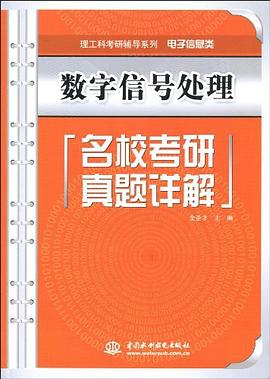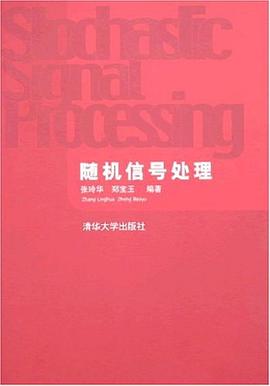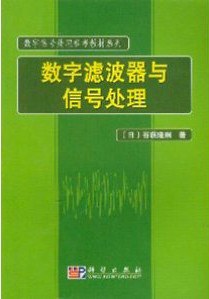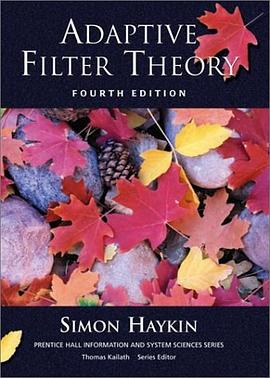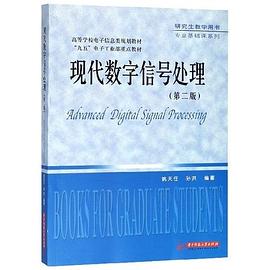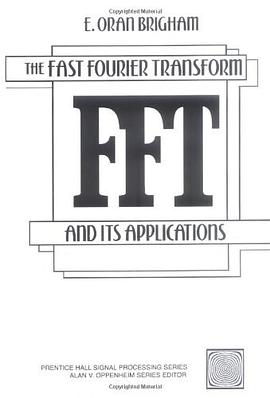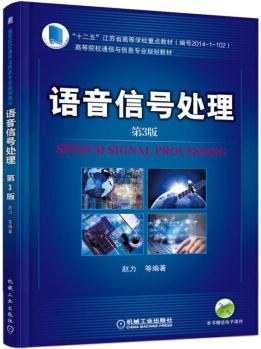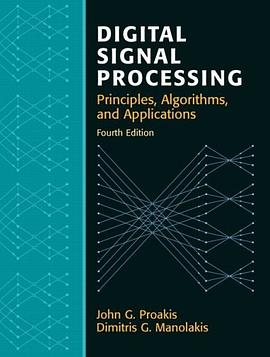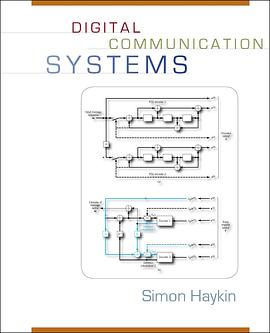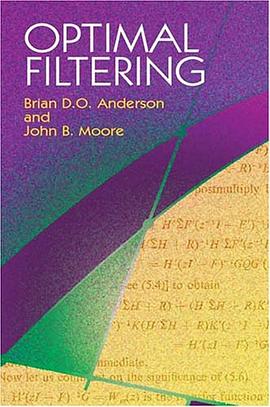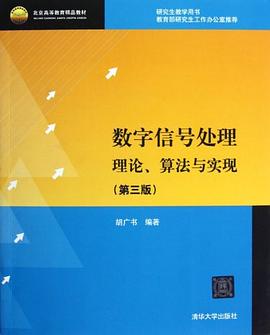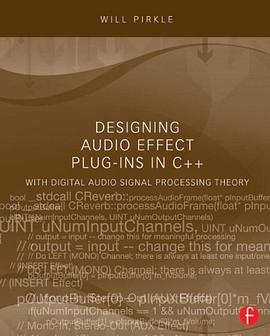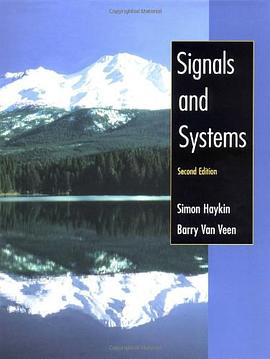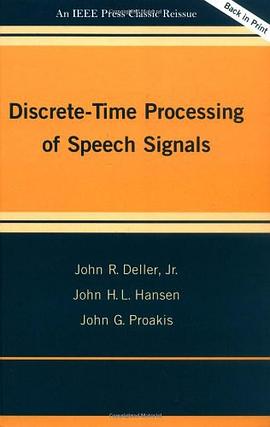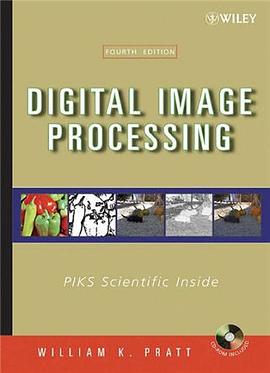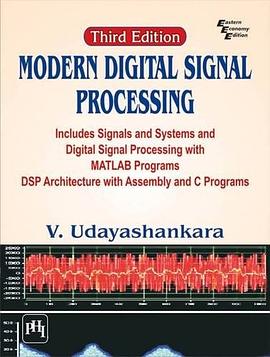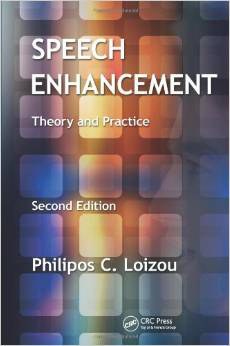

具体描述
"... by far the most comprehensive treatment of speech enhancement available. All the most important techniques in the broad field of speech enhancement are covered, yet the author at the same time manages to treat each topic in great detail. ... The algorithms are complex, but Loizou's exposition is outstanding. The second edition brings the material right up to date, covering recent significant breakthroughs in binary masking algorithms ... . One of the great strengths of this text is the availability of code, allowing readers to better understand, deploy, and extend existing algorithms for speech enhancement. ... This volume is in reality far more than a textbook on speech enhancement. It is also one of the most important works on the effect of noise on speech perception, and as such will make a huge contribution to the education of the next generation of auditory scientists, and feed technological developments in all aspects of speech communication, particularly for individuals with hearing impairment." -Prof. Martin Cooke, Ikerbasque and University of the Basque Country, Vitoria, Spain "This textbook offers outstanding reference material for teaching the clinical application of spectral enhancement to the audiology community. Dr. Loizou offers the reader tremendous insight into the fundamentals of digital signal processing, speech production and perception, and the characteristics of various noise sources. ... The textbook is essential for engineers, audiologists, and other professionals who seek to improve the listener's ability to hear a target signal against a background filled with competing noise using the spectral enhancement technique." -Amyn M. Amlani, Ph.D., University of North Texas, Denton, USA "... a highly informative presentation of the fundamentals, seminal and current algorithms, evaluation metrics, and future work that is desirable for any new or experienced students and researchers in the exciting area of speech enhancement. ... I greatly appreciate the excellent organization of dividing the book into Fundamentals, Algorithms, Evaluation, and Future Steps, which can allow instructors and researchers to quickly decide on the material they want to teach their students, or learn or review themselves ... Dr. Loizou takes students and researchers with a range of experiences on an amazing journey through the exciting field of speech enhancement." -Marek Trawicki, Marquette University, Wauwatosa, Wisconsin, USA "The first edition of this book established itself as the best reference for single-channel speech enhancement. Amazingly, this new edition is even better, and could be the most authoritative work in the area of modern single-channel techniques for speech enhancement to date. ... This is a unique book, combining both thorough theoretical developments and practical implementations. I highly recommend it to those interested in speech enhancement, as well as applied signal processing." -Association of Computing Machinery (ACM) Computing Reviews, July 2013 Reviewer: Vladimir Botchev, Analog Devices, Wilmington, Massachusetts, USA
作者简介
Philipos C. Loizou earned his bachelor's, master's, and doctorate degrees in electrical engineering from Arizona State University in Tempe. A pioneer in the field of speech enhancement and noise reduction in cochlear implants, Dr. Loizou was one of the first to develop specific enhancement algorithms that directly improve intelligibility. He was a postdoctoral fellow in the Department of Speech and Hearing Science at Arizona State University, an assistant professor at the University of Arkansas in Little Rock, and Cecil and Ida Green Professor in the Department of Electrical Engineering at the University of Texas at Dallas. Dr. Loizou was a fellow of the Acoustical Society of America. He was an associate editor of the International Journal of Audiology (2010-2012), IEEE Transactions on Biomedical Engineering (2009-2011), IEEE Transactions on Speech and Audio Processing (1999-2002), and IEEE Signal Processing Letters (2006-2009) and a member of the Speech Technical Committee (2008-2010) of the IEEE Signal Processing Society. He authored or coauthored numerous publications, including three textbooks. For more information, see Dr. Loizou's profile at the University of Texas at Dallas. Watch a video of Dr. Loizou talking about technology that would allow cochlear implant users to easily adjust settings on their hearing devices through a smartphone.
目录信息
· · · · · · (收起)
读后感
评分
评分
评分
评分
用户评价
求生欲QVQ
评分求生欲QVQ
评分求生欲QVQ
评分求生欲QVQ
评分求生欲QVQ
相关图书
本站所有内容均为互联网搜索引擎提供的公开搜索信息,本站不存储任何数据与内容,任何内容与数据均与本站无关,如有需要请联系相关搜索引擎包括但不限于百度,google,bing,sogou 等
© 2025 onlinetoolsland.com All Rights Reserved. 本本书屋 版权所有

